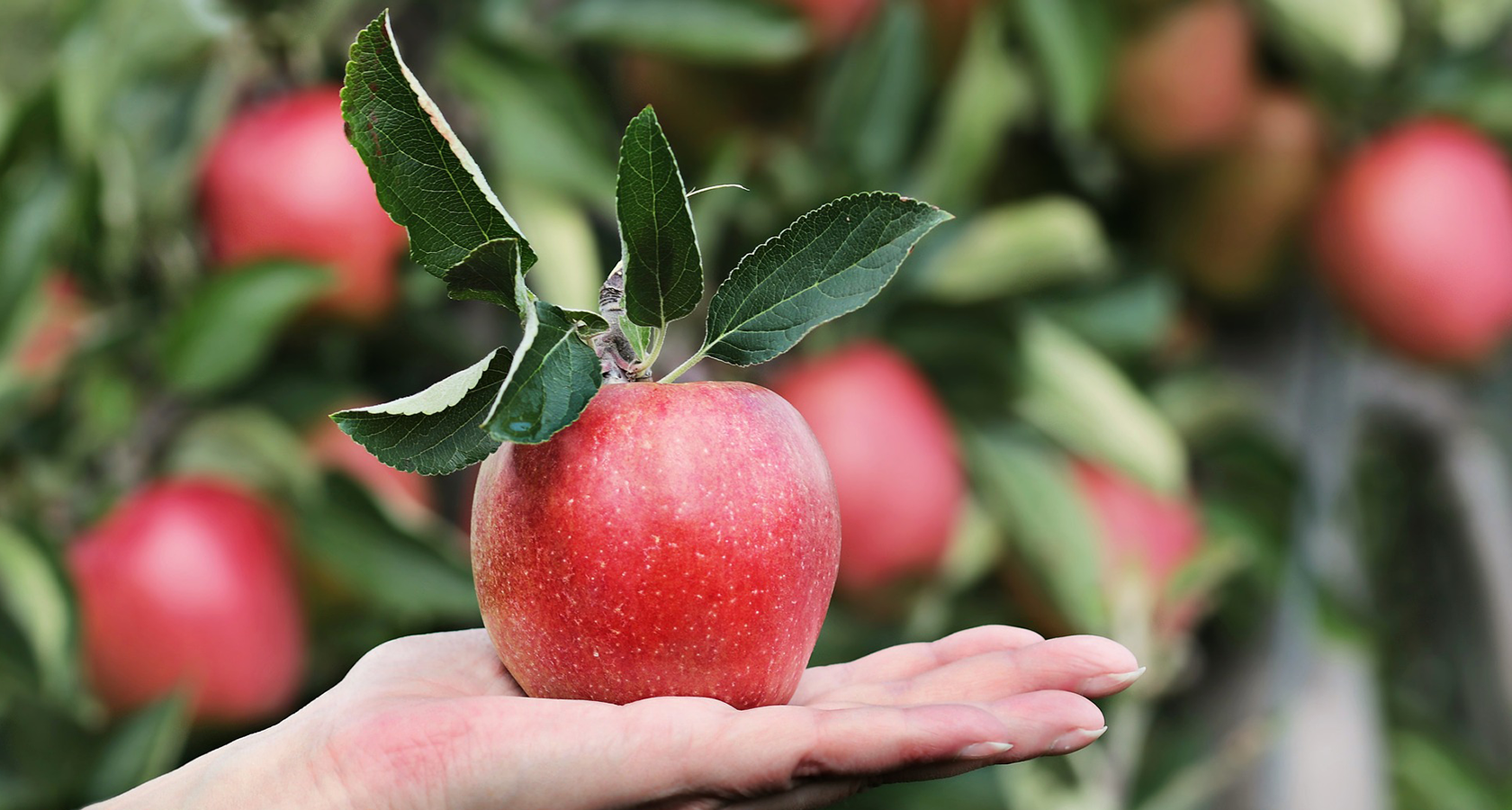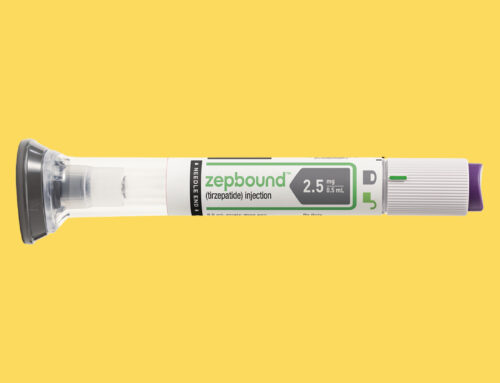You are not in control. Your stomach is. But you can get your brain to take control back through a concept called “stimuli narrowing.”
We love to eat. It often makes us feel good. However, we are eating way too much. As individuals, as a nation, and even most of the world, we are becoming unhealthy due to overeating.
Why do we keep eating beyond what our body needs? Where is the logic?
If you can drastically reduce your food intake, sometimes even for as little as three days, your brain begins to regain control. Do it long enough and a big platter of food that looks good to you now will someday look gross. Like an ex-smoker who catches a whiff of a cigarette, it smells terrible. A giant platter of prime rib looks horrendous to me now, but I used to love it. Food acts like a drug that some of us have to kick.
By sticking with a VLCD (Very Low-Calorie Diet), for a period of time, some amazing things happen:
• The cravings diminish and often go away completely.
• You recapture a ton of time every day.
• You regain control of your food choices.
• You lose weight.
• Your health improves.
• You save a lot of money.
• You regain control. Did I mention this already?
“Stimuli Narrowing” is the concept of narrowing your food choices. We are bombarded with a multitude of ways to spend money on food. Our brains and senses crave variety, and our pleasure centers love to be stimulated. Food is a big way we satisfy these needs. Unfortunately for most of us, this has gotten way out of control. If you want to be healthy, productive, and live longer, you have to eat a lot less than the average American.
One way to regain control is to limit yourself to just healthy “meals” of about 200 calories at 2-3 hour intervals. The time interval is critical because it provides the brain and the gut with some food to keep them happy. There is a lot of well documented science behind this.
It is also important to have a balance of nutrients and fiber. What works for me is to have a veggie and fruit shake with protein in the morning, and then protein bars or shakes throughout the day. I usually have a larger meal in the evening, preferably a healthy soup or similar (turkey chili, chicken, fish, etc.). There are numerous ways to modify this, and plenty of science to back them all up. Many plans tout a big breakfast, or encourage you to quit eating after a certain time in the afternoon. Any of these can work, as long as you reduce food intake dramatically, eat more frequent very small “meals,” and minimize variety.
You can still have a special, indulgent meal now and then. But we can’t eat so much regularly. It makes us die young, limits our fun, gives us dementia, and so on. Rather than sitting around eating unhealthy food, we should all go out hiking instead!






